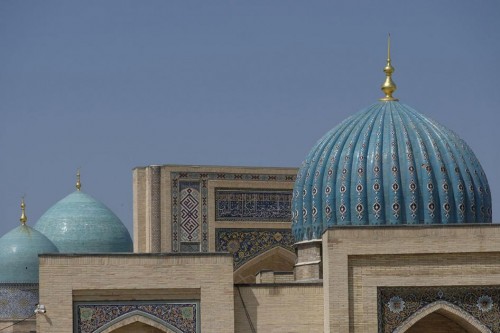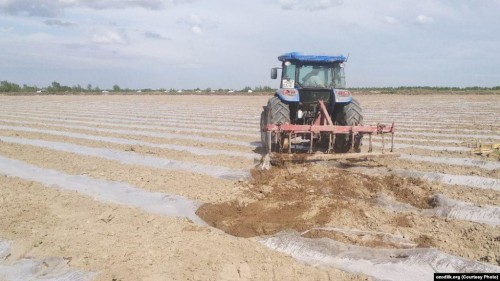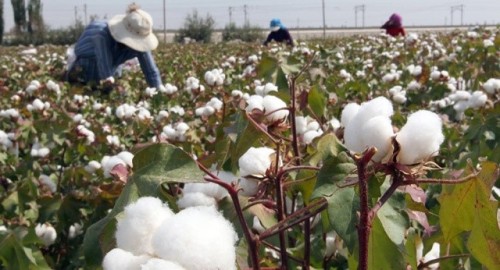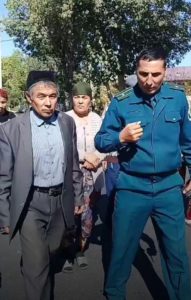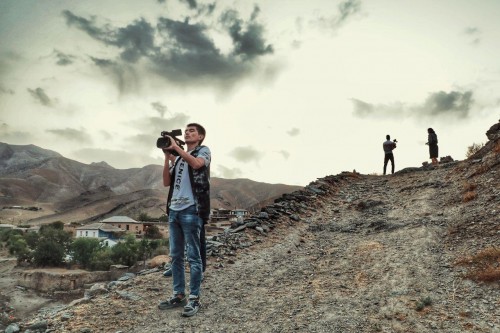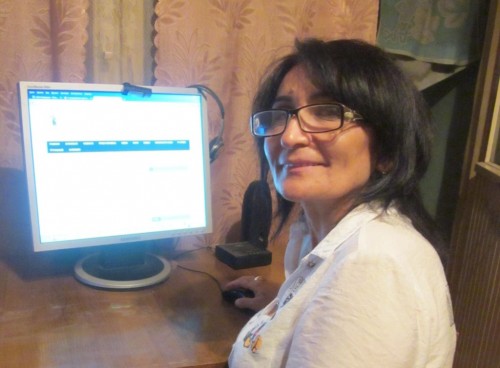Countries
Solidarity campaigns
13 August 2024
Georgia: Support striking workers at Evolution Gaming
5 June 2023
Georgia: Justice for Wolt couriers
10 May 2023
Belarus: Trade union activity is not extremism!
2 November 2019
Kazakhstan: Trade unionist Erlan Baltabay imprisoned - again!
19 November 2018
Kazakhstan: Stop repression and physical attacks on leaders of independent unions; hands off Larisa Kharkova, Erlan Baltabai and Dmitriy Senyavskiy
18 April 2018
MALOKHAT STILL NEEDS YOUR HELP
News
21 December, 2019 / uzbekistan
Uzbekistan Must Now Live Up to “Country of the Year” Honor
The government, which is still highly authoritarian, needs to make good on its many promises of reforms that include creating an independent judiciary, allowing non-governmental human rights groups to operate, ending forced labour, allowing opposition parties to contest elections, and stopping censorship. At present these are distant dreams for ordinary Uzbeks.
17 December, 2019 / uzbekistan
Uzbek Farmers Get 'Cluster' Bombed By Reforms
After 17 long years of growing cotton and vegetables on his farm in Uzbekistan, Abbas has decided to give up farming.He says President Shavkat Mirziyoev's latest decree for Uzbekistan's tightly controlled agricultural sector will force him to become a subservient contract employee of a new private "cluster" firm.
03 December, 2019 / uzbekistan
Court Orders Continued Detention of Blogger Nafosat Ollashukurova in Psychiatric Hospital
On November 28, the Khorezm Regional Civil Court rejected the request of Nafosat Ollashukurova’s lawyer to release her from forcible detention in a psychiatric clinic where she will now remain for another month.
22 November, 2019 / uzbekistan
What Is the Reason for the Continued Practice of Forced Cotton Picking in Uzbekistan?
A content of the document suggests that a super-centralized management system based on command-and-control methods, forcing farmers to grow and harvest cotton, as well as compulsory quotas for raw cotton delivery to the state, will continue. The issued decree and its annexes – the Strategy for the Development of Agriculture and the Roadmap for its implementation – do not validate the government’s serious intention to reform the industry.
15 November, 2019 / uzbekistan
Cotton and Corporate Responsibility: Fighting Forced Labor in Xinjiang and Uzbekistan
There are considerable differences with regard to forced labor in Uzbekistan and Xinjiang, but there is an underlying corporate responsibility to not engage in human rights abuses.
01 November, 2019 / uzbekistan
Uzbekistan: Efforts Underway to End Forced Labor
The Cotton Campaign met with the government of Uzbekistan in Washington last week to discuss reform efforts to end forced labor in Uzbekistan’s cotton harvest, which is currently underway. The Uzbek delegation, headed by Minister of Investments and Foreign Trade Sardor Umurzakov, presented its Roadmap to combat forced labor, which seeks to address the key concerns raised by the Cotton Campaign in its dialogue with the government.
18 October, 2019 / uzbekistan
For the sake of workers, Uzbekistan is privatising its cotton industry
Under the blazing sun in a cloudless blue sky, green foliage droops with unfurling white cotton bolls. In the Fergana Valley in the heart of Central Asia, in the shadow of snow-dusted mountains, the cotton is ripe for picking. If the Uzbek authorities have their way, it will become t-shirts and skirts, to be sold around the world. Uzbekistan, already the world’s seventh-biggest producer of cotton, wants to become a force in the garment industry, too, on a par with the likes of Bangladesh, China and Vietnam.
17 October, 2019 / uzbekistan
Uzbekistan: Amidst reform effort, journalists and activists face criminal charges, arbitrary detention, forced psychiatric treatment
The Cotton Campaign calls on the Uzbek government to drop criminal charges against Mahmud Rajab, a poet, journalist, and human rights defender, whose trial on contraband charges is set to begin Thursday. The government should also stop interfering with independent reporting on human rights issues, including forced labor.
10 October, 2019 / uzbekistan
Government still restricting free reporting
In spite its rhetoric on reform, Uzbekistan is failing to overcome its habit of resorting to authoritarian practices when silencing critics. Highly secretive closed-door trials remain a familiar feature, and relatives of defendants can still expect to be threatened by security services operatives.
19 September, 2019 / uzbekistan

